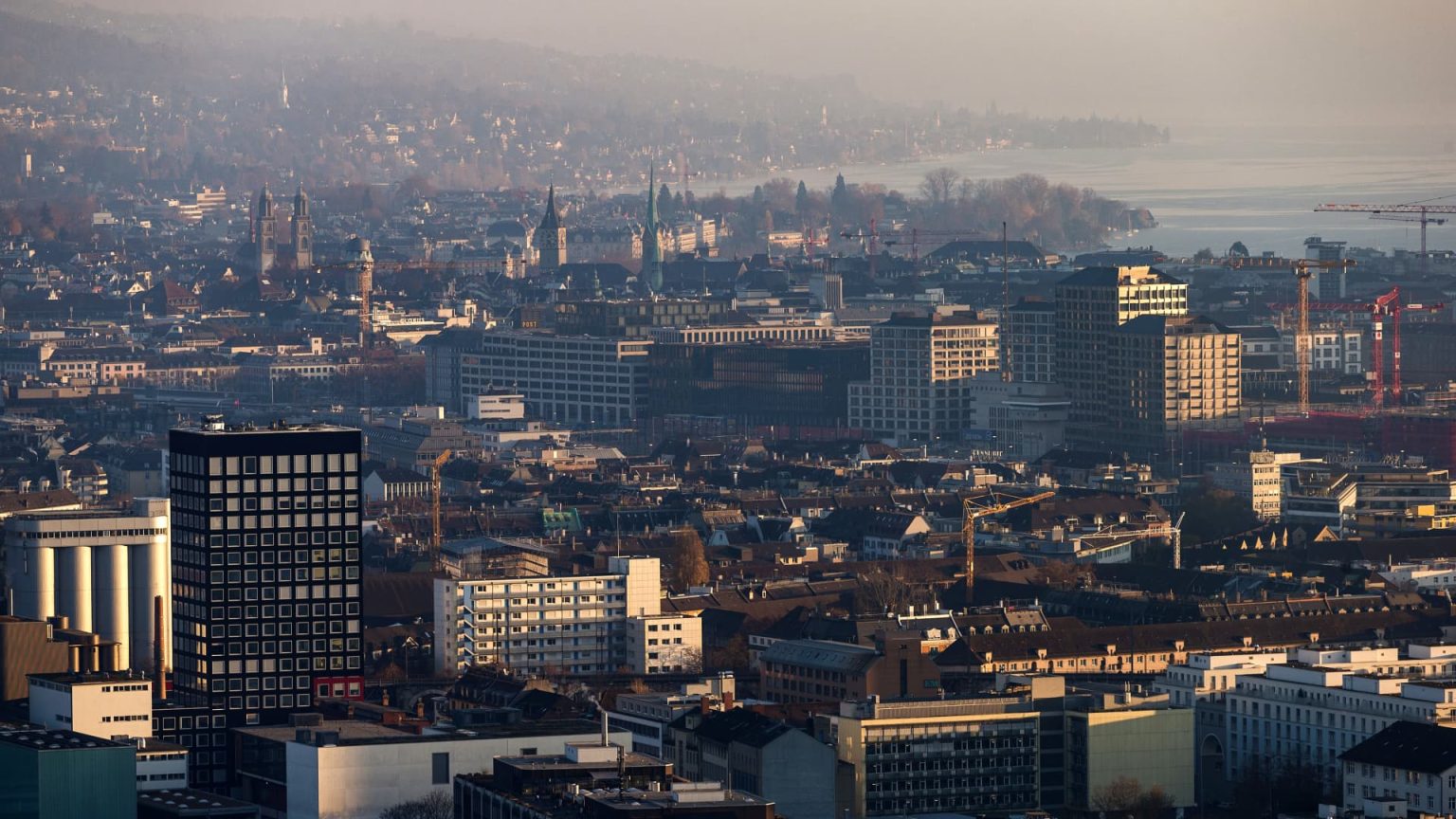Commercial and residential properties stand on the city skyline in Zurich, Switzerland, on Wednesday, Nov. 11, 2015.
Bloomberg | Bloomberg | Getty Images
Switzerland is once again the world’s most talent-competitive country, according to the 2023 Global Talent Competitiveness Index by business school INSEAD.
The European country has held its crown for ten consecutive years, benefiting from its “high levels of social protection” and quality of its natural environment, the report noted.
Similarly, Singapore also held its fort for second place thanks to its highly educated labor force and innovative economy, followed by the U.S. which has climbed to third place after taking fourth in 2022’s rankings.
The annual report measures how 134 countries draw in, grow and retain their talent. The top-ten countries have remained steady over the past decade, with Switzerland and Singapore consistently topping the charts as “clear leaders.”
“Over the past decade, we’ve seen an unwavering link between a country’s wealth and its talent competitiveness, with richer economies continuing to outshine poorer economies,” the report stated.
Where is China and India?
Other European countries have also fared well on the list. Denmark, Netherlands, Finland and Norway came in fourth, fifth, sixth and seventh respectively.
Other notable mentions include Australia, which came in eighth, and the United Kingdom at tenth. China has risen in the rankings from 47th to 40th place.
India, which is widely forecast to become the third-largest economy by 2030, came in at 103rd place. INSEAD attributed this to a “slump in business sentiment,” which dented its ability to attract talent both from overseas and domestically.
“This has also led to an increased skills mismatch, and a greater difficulty in finding skilled employees,” the report added.
More ‘talent wars’
Countries’ competition for talent is set to become fiercer over the next decade as uncertainties and international tensions continue to fester in trade, investment and politics.
“We can expect more rather than fewer talent wars,” the report noted, adding that quality of life and sustainability will be a “critical asset” for countries posturing themselves to become talent hubs.
Additionally, the advent of AI in various industries could exacerbate talent disparity. “Unqualified or low-qualified labor will bear much of the additional pressure, while new categories of workers, some with higher skills, will suffer from stronger competition from algorithms and specialized equipment.”
Read the full article here





